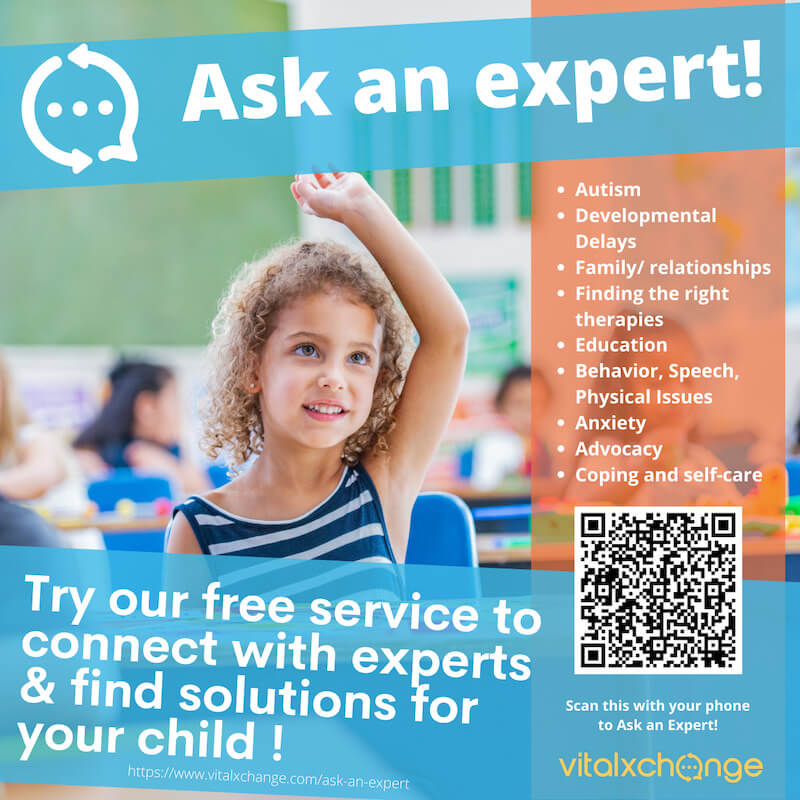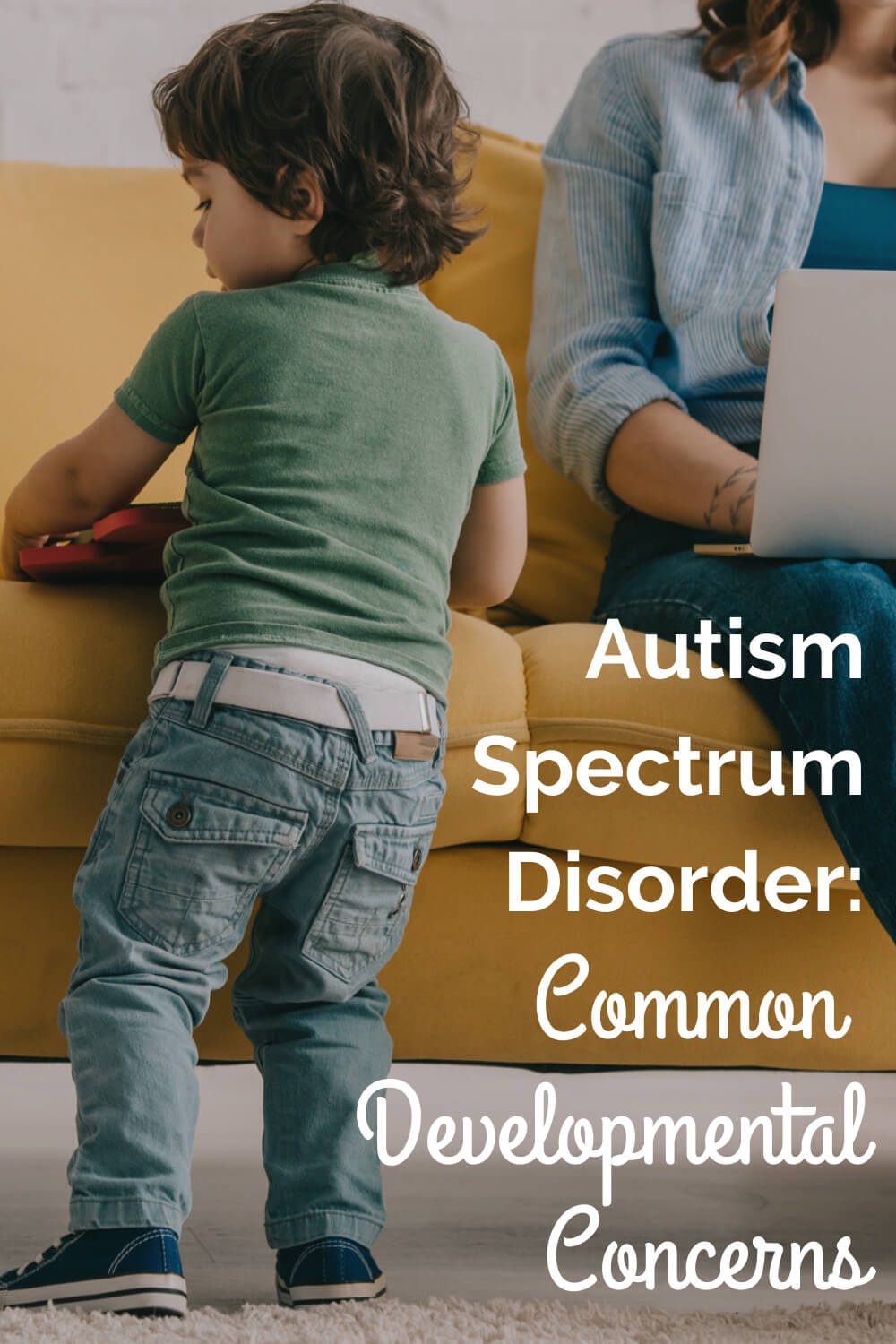These resources and the free printable are perfect for sharing with parents and caregivers of kids with an ASD Diagnosis.
Receiving an ASD diagnosis (autism spectrum disorder) can be completely overwhelming for parents and caregivers. With so many things to consider – from therapies to individualized education plans and beyond – many parents aren’t sure where to turn first for the best information.
As experienced pediatric therapists, we see countless parents who are in this position. And this has been a driving force behind our work here at The Inspired Treehouse. We are passionate about breaking down information about developmental concerns into terms that everyone can understand. We feel strongly that parents should never be left in the dark when it comes to healthy development for kids. The more parents and caregivers know about child development and wellness, the better off kids are!
Today, we’re sharing some common developmental concerns that we frequently hear questions about from parents of kids with an ASD diagnosis, along with a free printable that is perfect for therapists and other child development professionals to share with the parents and families on their caseloads.
But we’re not stopping there. Because sometimes you need more than just an article to read…you need help from an expert. Read on to find out more about the Ask An Expert program from Vitalxchange.
If you are a pediatric therapist, a special education teacher, or another professional who works with kids with autism, this program is a valuable resource to share with families.
*Please note: This is not an exhaustive list – every child with ASD is unique and has their own set of strengths and challenges. Additionally, there are many kids who demonstrate the developmental concerns below who are not on the autism spectrum. This list is just meant to provide an overview of common concerns that we hear about as therapists.

Common Developmental Concerns for Kids With Autism
Toe Walking
Toe walking means that a child walks on his tip toes or doesn’t contact the ground with his heel first when taking a step.
Learn more about toe walking and how you can help.
W-Sitting
The W-sitting position is when a child sits on the floor, with his bottom between his legs, and his knees bent with legs rotated away from the body. If you stood above him and looked down, it would look like his legs are forming the letter “W”.
Learn more about w-sitting and why this position matters when it comes to healthy development.
Sensory Integration and Sensory Processing Concerns
We all have our own unique preferences and aversions when it comes to the way perceive the sensory information in our surroundings. But for some children, these preferences and aversions can become problematic, leading to difficulty participating in everyday activities and routines.
Learn more about sensory integration red flags and when to seek out help.
Core Muscle Weakness
The easiest way to illustrate how important core strength is for kids is to discuss what it looks like when kids have weak core muscles. Here are some of the most common tell-tale signs that a child needs to work on core strengthening.
Learn more about core strength for kids and find some common red flags for core muscle weakness.
Hand Muscle Weakness
Certain issues are often present in kids who have weak hand muscles and can be considered “red flags” when it comes to identifying when kids need to work on hand strengthening activities.
Learn more about kids and hand strength by reading through some common hand weakness red flags.
How You Can Help
So what should you do if your child is demonstrating one of these developmental concerns? Or, what if you have concerns about your child that aren’t listed above?
You already know that there is plenty of information on the internet and a ton of experienced professionals who may be able to help.
The hard part? You might spend hours (or days) searching online for the specific information and resources you need from sources you can trust.
That’s where the Ask an Expert program from Vitalxchange comes into play.

This free service connects parents and caregivers with experts to help them find solutions to common developmental concerns that come up for kids. The service is completely anonymous and can help provide additional resources and information to help you support your child.
Simply click here and enter your question. Vitalxchange will match your question with an experienced expert and you’ll receive a response via email.
We hope that these resources will help to ease the overwhelming feelings that can come with an ASD diagnosis. We also hope that the ability to connect to an expert for fast help with questions and concerns is a tool that you will be able to use time and time again as you navigate this diagnosis as a caregiver, teacher, therapist or friend.


Latest posts by Claire Heffron (see all)
- Cute Zipper Bags for Therapists - April 18, 2024
- Fairy Tale Games and Toys - April 12, 2024
- The Best Emotional Regulation Books for Kids - April 8, 2024

